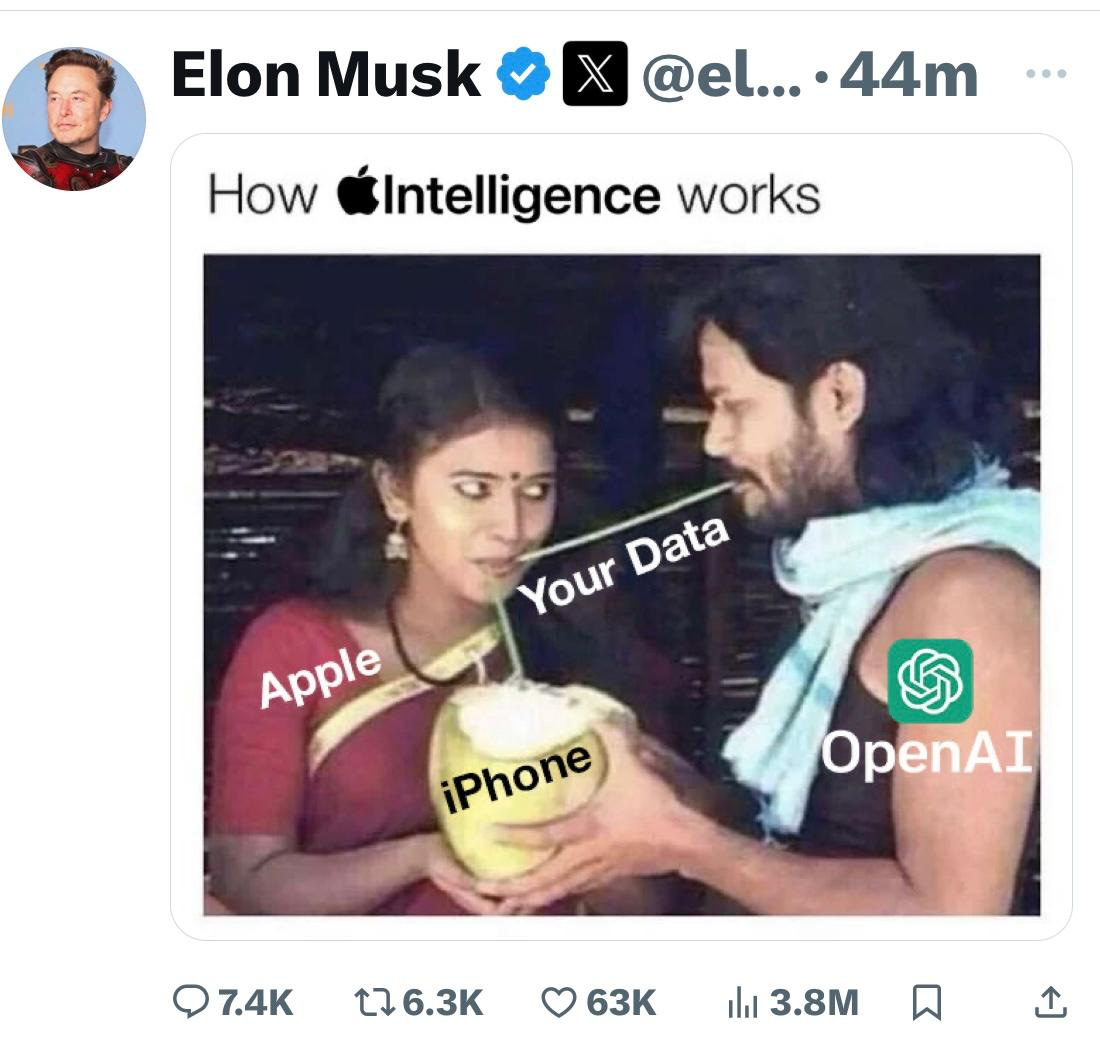Adobe's Updated Terms of Service Update: Are These Adequate?
Adobe's Controversial Terms of Service Update: An Examination.
Adobe's New Terms of Service: A Win for Creators, but AI Concerns Persist
In June 2024, Adobe unveiled an update to their Terms of Service (ToS) that quickly sparked significant controversy and backlash. Users were primarily concerned about privacy invasion and potential misuse of their content. This article provides an overview of the initial ToS changes, the ensuing user outrage, and how Adobe's revised terms address, yet still leave some issues unresolved.
Initial Privacy Concerns and Content Access
The initial ToS update granted Adobe the right to access and view users' content through both automated and manual methods, including machine learning techniques. Adobe claimed this was necessary to improve their services and software. However, users were alarmed by the perceived invasion of privacy, fearing that their content could be exploited without explicit consent. This was particularly troubling for professionals working under Non-Disclosure Agreements (NDAs) who were concerned about the security of their sensitive information.
Broad Licensing Rights and User Exploitation
Another critical issue was the broad, royalty-free license Adobe secured over users' content. The updated ToS allowed Adobe to "use, reproduce, publicly display, distribute, modify, create derivative works based on, publicly perform, and translate" users' content. This sweeping license led to fears that Adobe could exploit users' creative works without any form of compensation or acknowledgment. Additionally, there was speculation that Adobe might use customer content to train its generative AI models, like Firefly, without permission.
Poor Communication and User Outrage
The announcement of the ToS update was marred by poor communication and vague, "spyware-like" language. Many users felt blindsided and threatened to cancel their subscriptions in protest. The lack of clarity and transparency only fueled the outrage, leading to widespread discontent within the user community. Even Adobe's own employees expressed dissatisfaction with how the situation was handled.
Adobe's Response and Clarification Attempts
In response to the backlash, Adobe published blog posts on June 6th and 10th to clarify the changes. They assured users that they do not train AI models on customer content, do not assume ownership of user content, and do not access content beyond what is legally required. Adobe admitted that the ToS language was unclear and committed to updating it by June 18th to better reflect their intentions and address customer concerns. Despite these assurances, while the new ToS, effective from 18th Juine, 2024, sorted out many issues, a few privacy-oriented users are still not fully satisfied.
The Revised Terms of Service: Addressing Some Concerns
Adobe's modified Terms of Service, published after the initial backlash, addressed many of the previous concerns but left some areas ambiguous. Bilawal Sidhu, our honorary Tech Adviser based in Austin, Texas, summarised the changes as "a win for creators, but AI concerns persist."
Improved Clarity on Ownership and Licensing
The revised ToS clarified ownership, affirming that users retain ownership of their content without question. Adobe also refined the language around the license to operate their services, ensuring users that they would not train generative AI models like Firefly on user data without explicit consent. This was a significant win for creators who feared their work might be used without permission.
Ongoing Concerns with Machine Learning
Despite these improvements, the new ToS under Section 4.3 still allows Adobe to use private cloud data for other types of machine learning models, such as background removal. This raised questions about whether this practice constitutes harmless "content analysis for product improvements" or if it could lead to broader AI training. Users can opt out of this type of machine learning by visiting Adobe's Content Analysis FAQ, with business accounts being opted out by default.
The Blurred Line Between Cloud and Desktop
A major unresolved issue is the distinction between cloud and desktop usage. Creators working on NDA-protected projects need to understand if using features like generative fill in Photoshop, which require an internet connection, might violate their agreements. Adobe needs to provide clearer data retention policies and ensure robust security measures to protect confidential data.
Privacy Considerations in the Broader Tech Industry
The Adobe ToS controversy echoes similar issues in the tech industry, such as the recent Microsoft "Recall" feature fiasco, now indefinitely deferred, and Elon Musk's unprovoked criticism of the newly unveiled "Apple Intelligence." These instances highlight the ongoing tension between tech companies and user privacy, underscoring the need for greater transparency and sensitivity.
Privacy Considerations in the Broader Tech Industry
Adobe's revised Terms of Service represent a step forward in addressing user concerns, particularly regarding AI training and content ownership. However, ambiguities remain, particularly around machine learning and data security. As the lines between offline and cloud usage blur, companies like Adobe must prioritise transparency and protect the rights of creators who rely on their tools. In the age of AI, the fight for privacy, ownership, and control continues, and creators must remain vigilant to ensure their rights are safeguarded.
If you believe this article would interest someone you know, please feel free to share it anonymously (for us), using any platform that you prefer.







